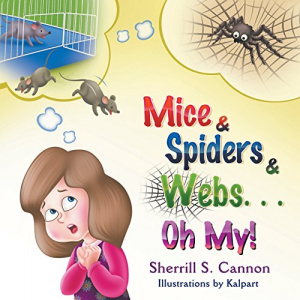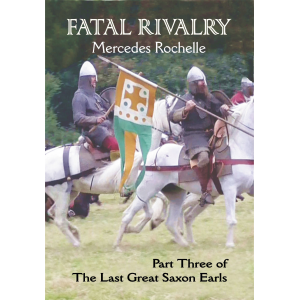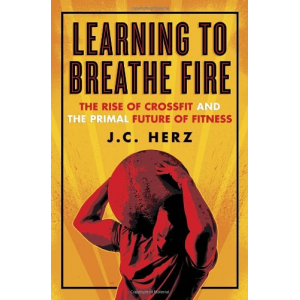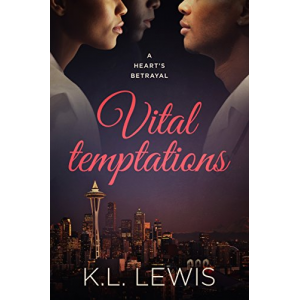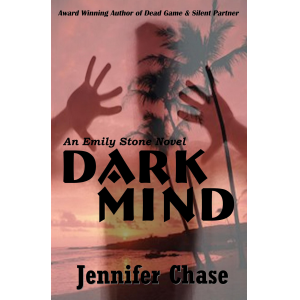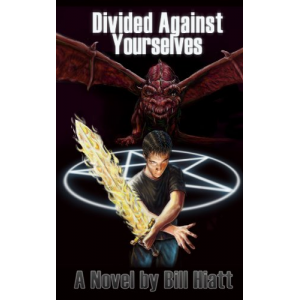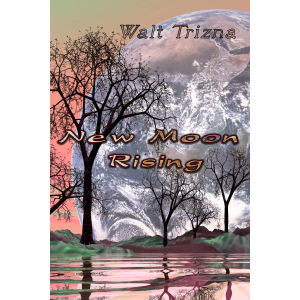- Author
- Book
- Story behind the book
- Media Links
- Reviews
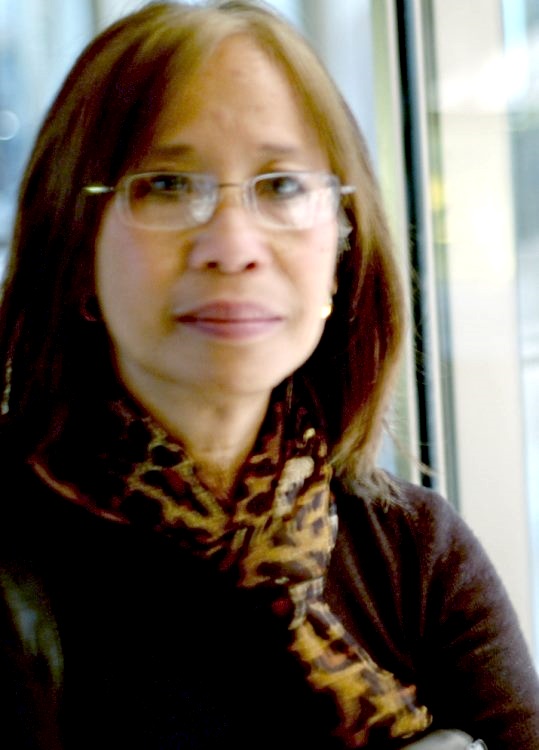
E Journey
About
I'm a realist in my writing, as well as my art. I don't have as much imagination as many other writers—a handicap (or strength) that comes partly from my training and experience as a mental health researcher/evaluator and program developer. I'm also a flâneuse—a female observer-wanderer. So, I watch, and observe. And listen. That's where the meat of my writing comes from.
But I’m also a sucker for happy endings. I find enough that depresses me about real life, but seek no catharsis by writing about it. I want escape, entertainment. I don’t strive to enlighten. Not consciously, anyway, but because my previous training has given me a bias, I’m interested in the inner lives of characters, including the passages they go through.
I’m inspired by Jane Austen and Elizabeth Gaskell and their awesome feminist heroines. So, I tend not to rely on broad shoulders and heaving bosoms. Instead, I go into protagonists' thoughts and emotions, their conflicts and their joy, their struggles to reach balance and grow. My novels deal with insecurities and disappointments, love/hate relationships with parents, characters who seem to behave out-of-character, and even life events not typically included in romantic fiction.
I have a book blog here:
and musings on travel, art, and food here: Journey on a Limb
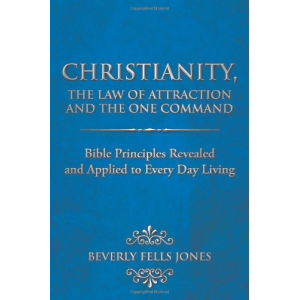
Christianity, the Law of Attraction and the One Command: Bible Principles Revealed and Applied to Every Day Living
Description
<p>The Bible spells out in God's terms what "The Secret" said in human terms. "Christianity, The Law of Attraction and The One Command " is the bridge between God's word, His universal laws, The One Command by Asara Lovejoy and you.</p>
Story Behind The Book
Someone asked me not too long ago if there was something in Hello, My Love that reflected my worldview or my philosophy of life (as opposed to that of the characters). I assume, of course, that there would be since what we write comes from within us. On the other hand, someone else said that a book of fiction is not a place to expound on an author’s world view, especially not coming from the mouths of characters. I’m not sure where such an idea comes from. The thing is, we write for so many different reasons. Distinction is often made, for instance, between literary and genre fiction—the oft-cited one having to do with their reason for being: genre is plot-driven and literary, driven by character growth or as someone said, meaning. But nothing is ever that simple, especially where writers and literary analysts who tend to split hairs are concerned. So, this distinction is frequently debated. Of course, many writers don’t sweat such details. They just write. One passage in a New Yorker article resonated with me, in particular: A good mystery or thriller (genre fiction) isn’t set off from an accomplished literary novel by plotting, but by the writer’s sensibility, his purpose in writing, and the choices he makes to communicate that purpose. For me, much resides in this quote, for I agonize all the time why I write and why I choose to write the fiction I have so far produced. I can do little about “sensibility.” I assume, by now, that is a given since I have already amassed my own unique history. So, why have I written romance novels? The main reason, of course, is I like reading a good well-written romance. My love for reading, after all, was sparked and sustained by devouring Jane Austen. I like happy endings. I find enough that depresses me about real life, but seek no catharsis by writing about it. I want escape, entertainment. And yet, I do prefer writing which shows much thought has been put into choosing the most economical, liveliest prose possible. I strive to do this in my own writing. Have I succeeded in doing this or not? I don’t really know. But I think (or, at least, I hope) I get a bit better with every book I write and making choices is becoming easier.
Media Links
Reviews
<div class="col-xs-12 col-sm-9 col-md-9 col-lg-9"> <div class="endorsement"><em>“The unexpected surprises and emotional encounters of this novel keeps the reader enthralled until the very last page.”</em></div> <div class="endorsement-credit"><a>GoodbooksToday.com</a> Reviews</div> <div class="col-xs-12 col-sm-9 col-sm-pull-3 col-md-9 col-md-pull-3"> <div class="endorsement"><em> ... unlike anything I expected. The book takes a literary, novel approach ... A lot of things are going on that have nothing to do with the romance, but that shapes characters into three-dimensional people one can easily relate to.</em></div> <div class="endorsement-credit">— <strong> <a href="http://bookaholicramblings.wordpress.com/">Bookaholic Ramblings</a></strong></div> </div> </div>
